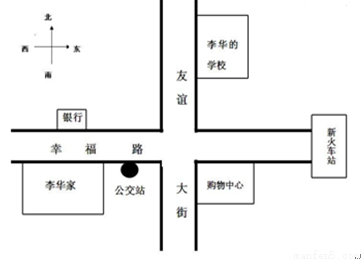0 133182 133190 133196 133200 133206 133208 133212 133218 133220 133226 133232 133236 133238 133242 133248 133250 133256 133260 133262 133266 133268 133272 133274 133276 133277 133278 133280 133281 133282 133284 133286 133290 133292 133296 133298 133302 133308 133310 133316 133320 133322 133326 133332 133338 133340 133346 133350 133352 133358 133362 133368 133376 151629
